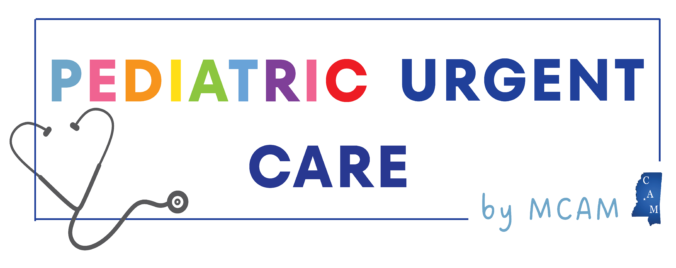As parents, there are few things as precious and paramount as the health of our children. When it comes to matters of the heart – both literal and metaphorical – vigilance and understanding are crucial. Pediatric cardiology, a branch of medicine dedicated to the diagnosis and treatment of heart conditions in children, is a realm where knowledge truly is power—to treat, to heal, and to save lives. In this blog post, we’ll explore the basics of pediatric cardiology, common conditions, and how you can navigate your child’s journey in this complex field with confidence and care.
What is Pediatric Cardiology?
Pediatric cardiology focuses on the heart health of infants, children, and adolescents. It addresses congenital heart defects (present at birth) as well as acquired heart diseases that may develop during childhood. Pediatric cardiology deals with unique challenges due to the developing heart and circulatory system of kids. Pediatric cardiologists are trained beyond general pediatric medicine to address a broad spectrum of issues affecting young patients’ hearts, offering specialized, family-centered care.
Common Conditions
- Congenital heart defects: These are structural abnormalities of the heart present at birth. They can vary in severity, ranging from simple defects that may not require treatments to complex conditions that necessitate immediate intervention.
- Arrhythmias: Irregular heart rhythms can occur in children for various reasons, including congenital abnormalities, electrolyte imbalances, or underlying medical conditions.
- Acquired heart conditions: These can include conditions such as myocarditis or rheumatic heart disease, which may develop later in childhood due to infections, inflammatory processes, genetic predisposition, or other factors.
Concerning signs or symptoms, such as lightheadedness, palpitations, chest pain, fainting, or a murmur, may require referral to a pediatric cardiologist for further evaluation. Although they can signify the presence of a serious medical condition, often a reassuring diagnosis is made. Your pediatric cardiologist can explain the condition and provide guidance to minimize symptoms and improve health and wellness.
Navigating Pediatric Cardiology: Everything You Need to Know
The Diagnostic Process:
When faced with concerns about your child’s heart health, the diagnostic process typically begins with a thorough evaluation of medical history, physical examination, and non-invasive tests such as electrocardiograms (EKG). In some cases, further ultrasound imaging studies may be necessary to obtain a definitive diagnosis and guide the treatment plan.
Treatment Options:
Treatment for pediatric conditions depends on the specific diagnosis, the severity of the condition, and individual patient factors. Options may range from medication management and lifestyle modifications to surgical interventions or catheter-based procedures. Our pediatric cardiologist in Madison, MS, works closely with other specialists to provide wholesome care tailored to each child’s needs.
Emotional Support and Coping Strategies:
Caring for a child with a heart condition can be emotionally taxing for parents and families. It’s essential to prioritize self-care and seek support from healthcare providers, support groups, and mental health professionals when needed. Connecting with other parents who have walked a similar path can provide invaluable emotional support and practical advice.
Advocating for Your Child:
As a parent, you are your child’s strongest advocate. Don’t hesitate to ask questions, seek second opinions, and ensure that you fully understand your child’s diagnosis and treatment plan. Collaborating closely with your child’s healthcare team and actively participating in decision-making can help optimize outcomes and ensure the best possible care for your child.
If you have any concerns about your child’s heart health, don’t hesitate to reach out to our pediatric cardiologist for support. Contact our expert care team today to book an appointment for your child.
